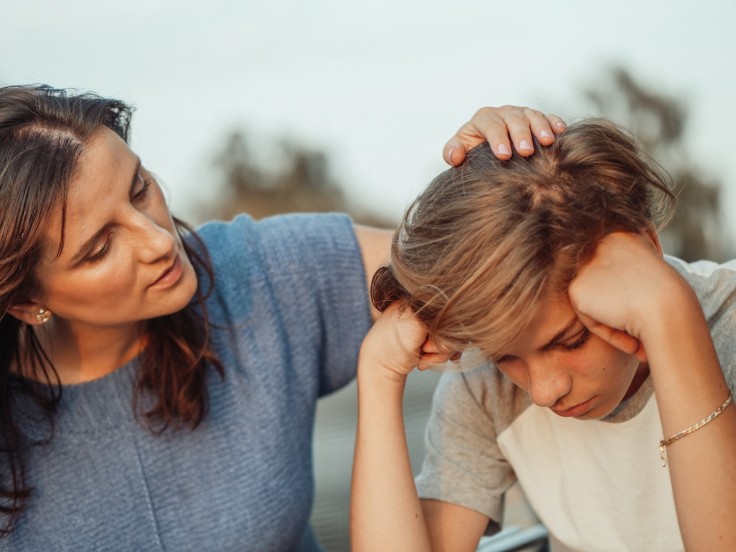
A new report states that the overinvolvement of parents is partly to blame for the heightened number of American kids and teens struggling with mental health.
A recent study, "Decline in Independent Activity as a Cause of Decline in Children's Mental Wellbeing," showed that parents and adults are well-intentioned in assuring that the kids are protected. However, this has somehow "deprived" the children of the independence they need to cultivate healthy mental well-being, resulting in young people experiencing high levels of depression, anxiety, and suicidal ideation.
According to co-author David Bjorklund, professor in the psychology department at Florida Atlantic University College of Science, Boca Raton, kids have lost the time and opportunities for roaming, free play, and taking risks because their parents fear the dangers of this world.
Further, Bjorklund stressed that this lack of independence and growth in mental health problems is not as new as some may think. It has been a "growing one" for decades. It started as early as the 1960s and accelerated in the 1980s until the trend was dubbed "helicopter parenting" in the 2000s.
Play is important
Helicopter parenting is the type of parenting that pays excessive attention to their children's every move and experience. This type of parent is highly involved, overprotective, and "tirelessly oversees" every aspect of their kids' lives, sometimes acting on their behalf or swooping in to rescue them at the first sign of trouble.
The study cannot help but emphasize the importance of free play and independence, which is robbed in childhood due to helicopter parents' overprotectiveness and overinvolvement.
Bjorklund stated that opportunities for independent play, self-directed activities, and contributing to the family and community greatly help the young ones feel responsible, capable, and trusted. Through play and independence, kids gain a sense of autonomy and a feeling of competency, the confidence that what they are doing makes a difference, US News reported.
He further expressed that it is high time for people not to take play for granted. Believing that it is an unimportant and serious concept should end.
Jill Emanuele, Vice president of clinical training for the Child Mind Institute in New York City, cannot agree more. She also confirmed what the study says about poor opportunities for "unstructured play" helping in the surge of children's mental health issues.
"It's a crucial part of children's development. They learn cognitive skills, social skills, linguistic skills, and physical skills. They learn risk-taking. They learn social skills, how to interact with other kids, and also self-regulation and management. They learn how to be creative. They learn how to imagine. That independent way that they can build their world and build all these skills is so very important," Emanuele stressed as she distinguished between play time and screen time.
Helicopter parenting can also produce 'favorable results'
Allowing kids to take risks is equally essential as free play. Thus, Emanuele encouraged parents to be willing to let their "hands off the bike" so that their children could learn for themselves. If they fall, then allow them to experience and learn from it. If they fall, allow them to deal with it so they can learn to deal with failure, a very much needed attitude one needs in real life, she stated.
According to the study, other factors that lead to the mental health decline of teens are too much school work, very short time for recess or break in between classes, and the intense pressure to achieve something at a very early age, all robbing the time the kids should be spending for free play.
However, according to Parenting for Brain, it would be unfair to directly and entirely blame the mental health issues of the young ones on their helicopter parents. Some studies have expressed that this kind of parenting could produce "favorable results" in teens and adults because of their parents' enthusiastic support.
Related article: Free-Range Parenting Vs. Helicopter Parenting: Why Oregon Emboldens Children To Be Independent By Walking To School Alone